
Why You Should Stop Waking Up to Urinate
Pelvic floor physical therapists often educate patients that waking up to urinate during the night isn’t just a minor annoyance—it’s a disruption to critical sleep stages, particularly REM sleep, which your body needs for proper function. While most people assume nighttime bathroom trips are just a normal part of life, frequent waking may actually reflect a deeper imbalance in sleep physiology and hormone regulation.
Let’s explore why this happens, what it says about your body, and how you can build better habits for uninterrupted, restorative sleep.
🌙 The Role of REM Sleep and ADH in Nighttime Urination
Most adults urinate every 2–3 hours during the day, so how do we manage to sleep through the night without needing a bathroom break? The answer lies in REM sleep and a hormone called antidiuretic hormone (ADH).
🧠 What Is REM Sleep?
REM (Rapid Eye Movement) sleep is a crucial phase of the sleep cycle, important for:
-
Mood regulation
-
Memory consolidation
-
Learning and problem-solving
-
Hormonal balance
During REM sleep, your brain becomes more active, but your muscles stay relaxed. It’s during this phase that the body releases ADH, which tells the kidneys to reduce urine production, allowing you to sleep without waking.
💧 What Happens When REM Sleep Is Interrupted?
If your sleep is disrupted—by stress, poor habits, or medical conditions—you may not enter or maintain REM sleep for long enough. When REM sleep is reduced, ADH secretion is lowered, so your kidneys keep producing urine at daytime rates. The result? You wake up one or more times needing to urinate, starting a frustrating cycle of broken sleep and poor recovery.
🚨 The Vicious Cycle: Poor Sleep → More Urine → More Sleep Disruption
If you find yourself waking up frequently to use the bathroom, you may focus on surface-level solutions: avoiding late-night drinks, checking for bladder irritants, or cutting caffeine. While those are all helpful, they don’t address the core issue if your REM sleep is being compromised.
Common Causes of Disrupted REM and Increased Nighttime Urination:
-
Drinking large amounts of fluid right before bed
-
Alcohol consumption (alcohol suppresses ADH production)
-
Poor sleep hygiene (irregular sleep times, too much screen time, etc.)
-
Stress or anxiety
-
Underlying sleep disorders like sleep apnea
✅ Healthy Habits to Improve REM Sleep and Reduce Nighttime Urination
The good news: you can take steps to support REM sleep, boost ADH production, and sleep through the night. Here’s how to do it:
🕰️ 1. Stick to a Consistent Sleep Schedule
Go to bed and wake up at the same time every day, even on weekends. This helps regulate your circadian rhythm, improving sleep quality and hormone production.
🧘♀️ 2. Create a Calming Bedtime Routine
Engage in relaxing activities 30–60 minutes before bed:
-
Gentle stretching or yoga
-
Warm baths
-
Meditation or deep breathing
-
Reading or listening to calming music
🏃♂️ 3. Exercise Regularly—but Not Too Late
Daily physical activity helps promote deeper sleep, including REM. However, avoid vigorous workouts within 2 hours of bedtime, as they may be too stimulating.
☕ 4. Limit Caffeine and Nicotine
Cut off caffeine intake after 12:00 PM, and avoid nicotine altogether, as both interfere with sleep stages and increase the urge to urinate.
🍽️ 5. Time Your Meals Right
Avoid eating large meals right before bed. Aim for at least 2–3 hours between your last meal and sleep.
🍷 6. Minimize Alcohol Consumption
Alcohol disrupts sleep architecture, especially REM, and inhibits ADH. Even a glass or two can increase nighttime urination and reduce sleep quality.
😴 7. Take Short Naps to Build “Sleep Debt”
Short daytime naps (15–30 minutes) can help increase your body’s natural desire for sleep at night, making it easier to enter and maintain REM sleep.
🛏️ 8. Keep Your Bedroom a Sleep-Only Zone
Use your bed for sleep and intimacy only—avoid eating, working, or using screens in bed. This conditions your brain to associate your bed with restful sleep.
📵 9. Avoid Screens Before Bed
Blue light from phones, tablets, and TVs disrupts melatonin production, delaying REM sleep. Power down devices at least 1–2 hours before bedtime.
🌡️ 10. Optimize Your Sleep Environment
Make your bedroom:
-
Cool (ideally 60–67°F or 16–19°C)
-
Quiet (consider white noise if needed)
-
Dark (use blackout curtains or an eye mask)
-
Comfortable (choose breathable bedding and a supportive mattress)
👥 Who’s Most at Risk for REM Disruption and Nighttime Urination?
Some people are more vulnerable to frequent nighttime urination due to lower REM sleep or ADH imbalance, including:
-
Older adults
-
Pregnant women
-
People with sleep apnea or chronic insomnia
-
Individuals under high stress or with anxiety disorders
-
Those with bladder issues or pelvic floor dysfunction
For these groups, addressing both bladder health and sleep hygiene is essential for improvement.
💡 Final Takeaway: Focus on Sleep First
While avoiding bladder irritants and staying hydrated earlier in the day are good practices, they’re only part of the solution. If you’re regularly waking up to pee at night, it could signal that your REM sleep is disrupted, and your body isn't producing enough ADH to suppress urine output overnight.
Improving your sleep quality—especially by entering and maintaining REM sleep—can help your body naturally regulate nighttime urination, leading to deeper, more restorative sleep and better overall health.
📝 Quick Recap Checklist:
✅ Go to bed and wake up at the same time daily
✅ Avoid fluids and alcohol in the 2 hours before bedtime
✅ Create a wind-down routine without screens
✅ Optimize your bedroom for sleep
✅ Limit caffeine and nicotine
✅ Consider bladder-friendly habits, but don’t ignore your sleep quality
Need help retraining your bladder and improving sleep quality? A pelvic floor physical therapist or sleep specialist can guide you in a personalized plan that targets both.
News in the same category

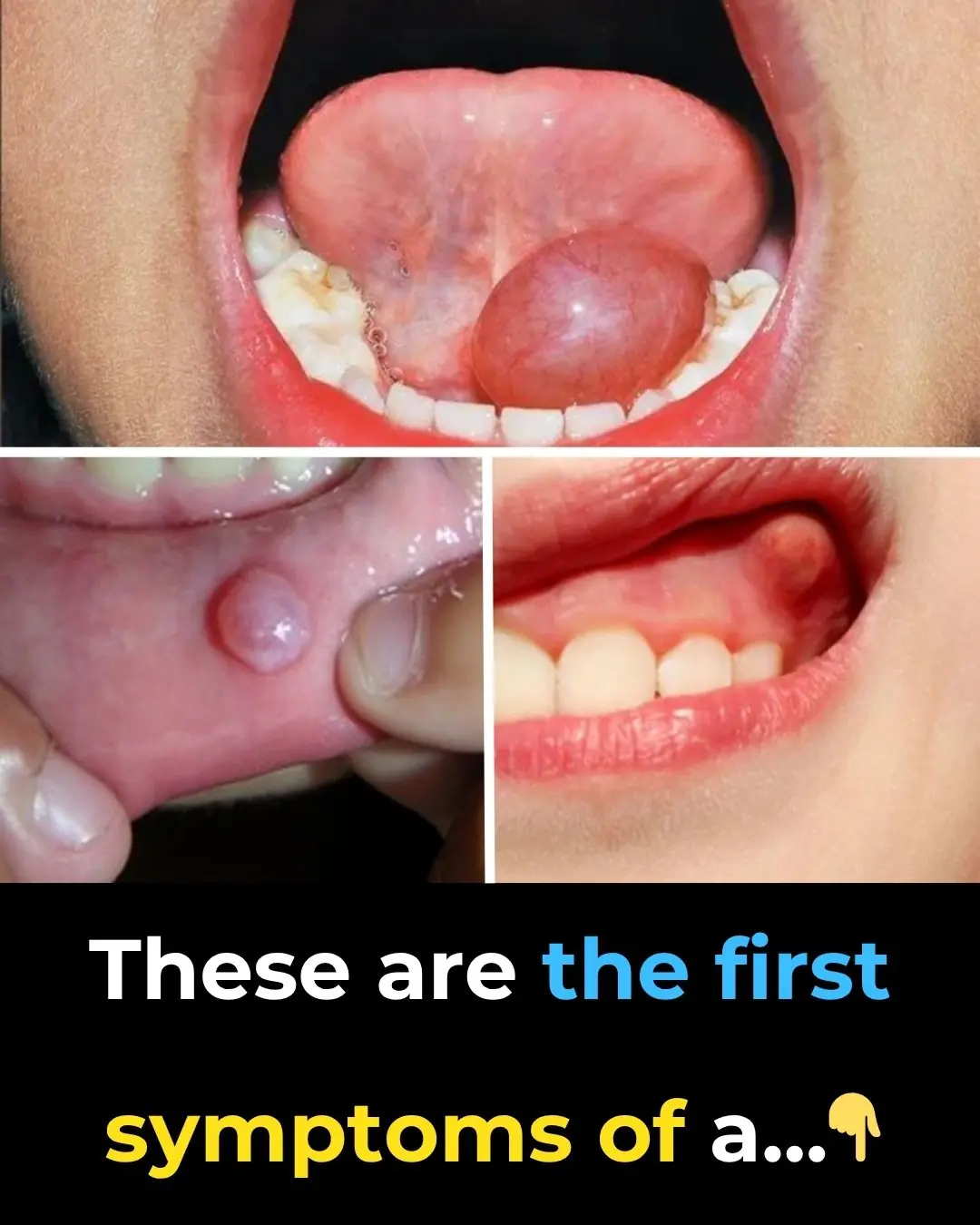
Hidden Dangers in Your Mouth: Early Signs of Oral Cancer
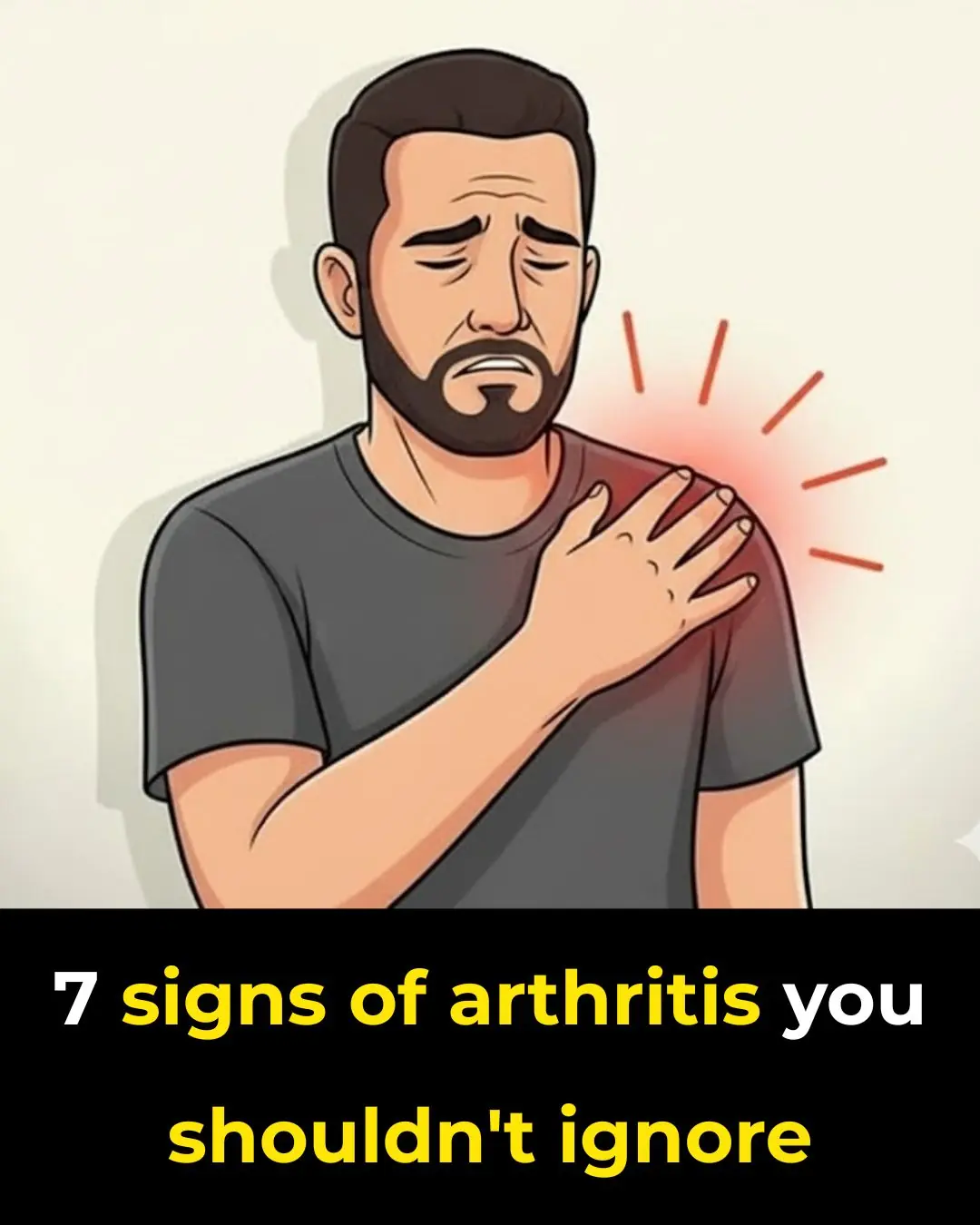
7 Signs of Arthritis You Shouldn't Ignore
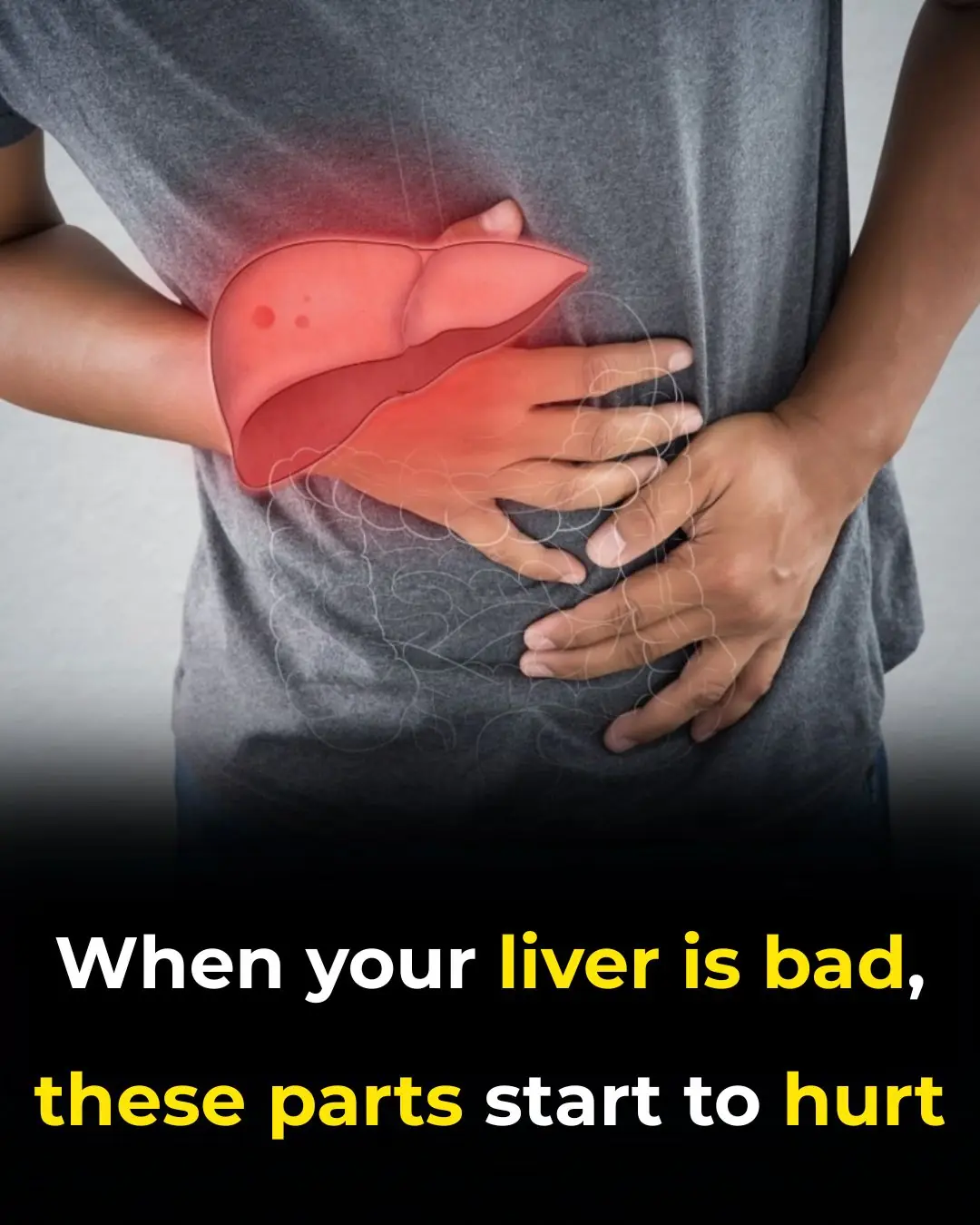
When your liver is bad, these parts start to hurt
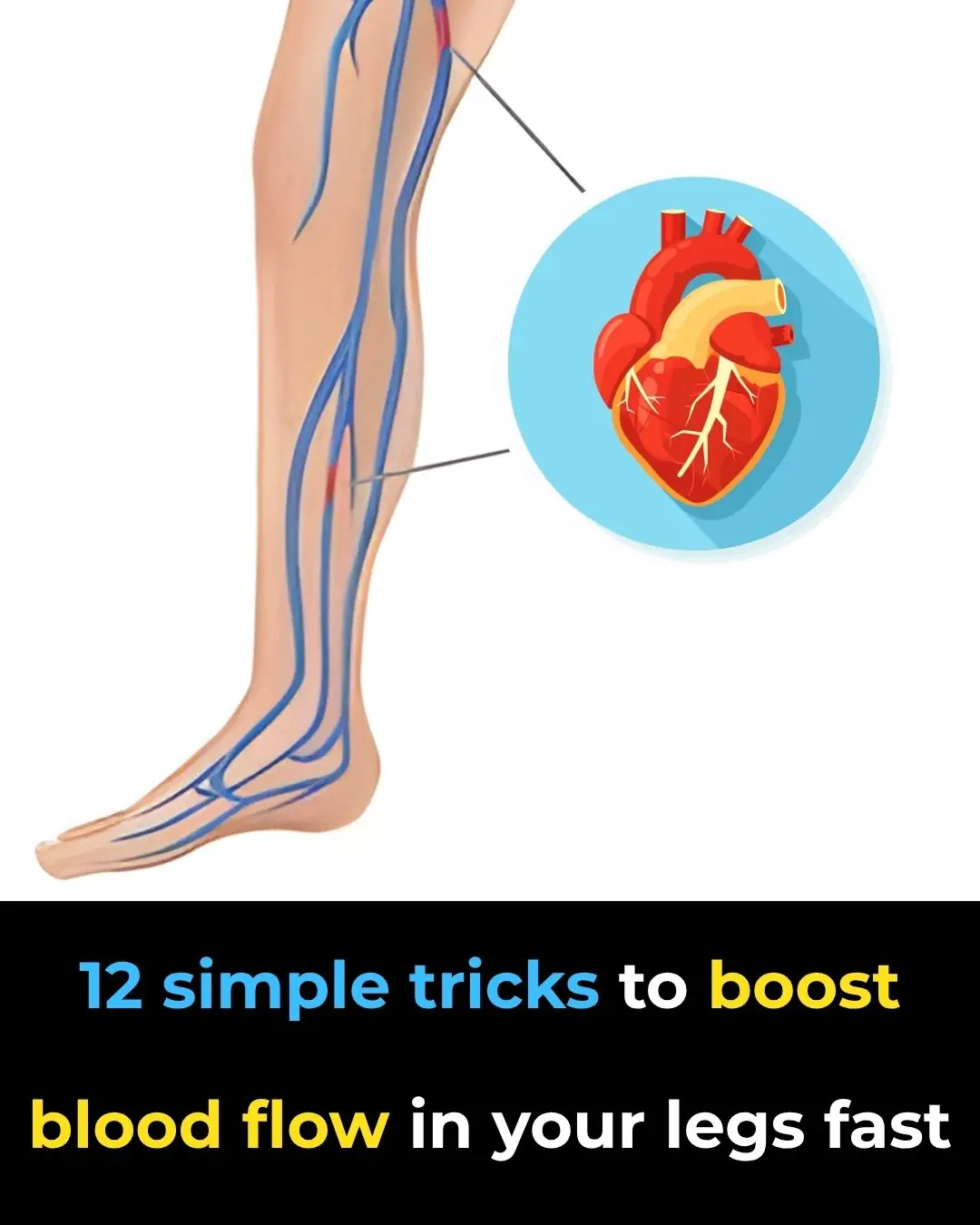
Top 12 ways to quickly improve blood circulation in legs
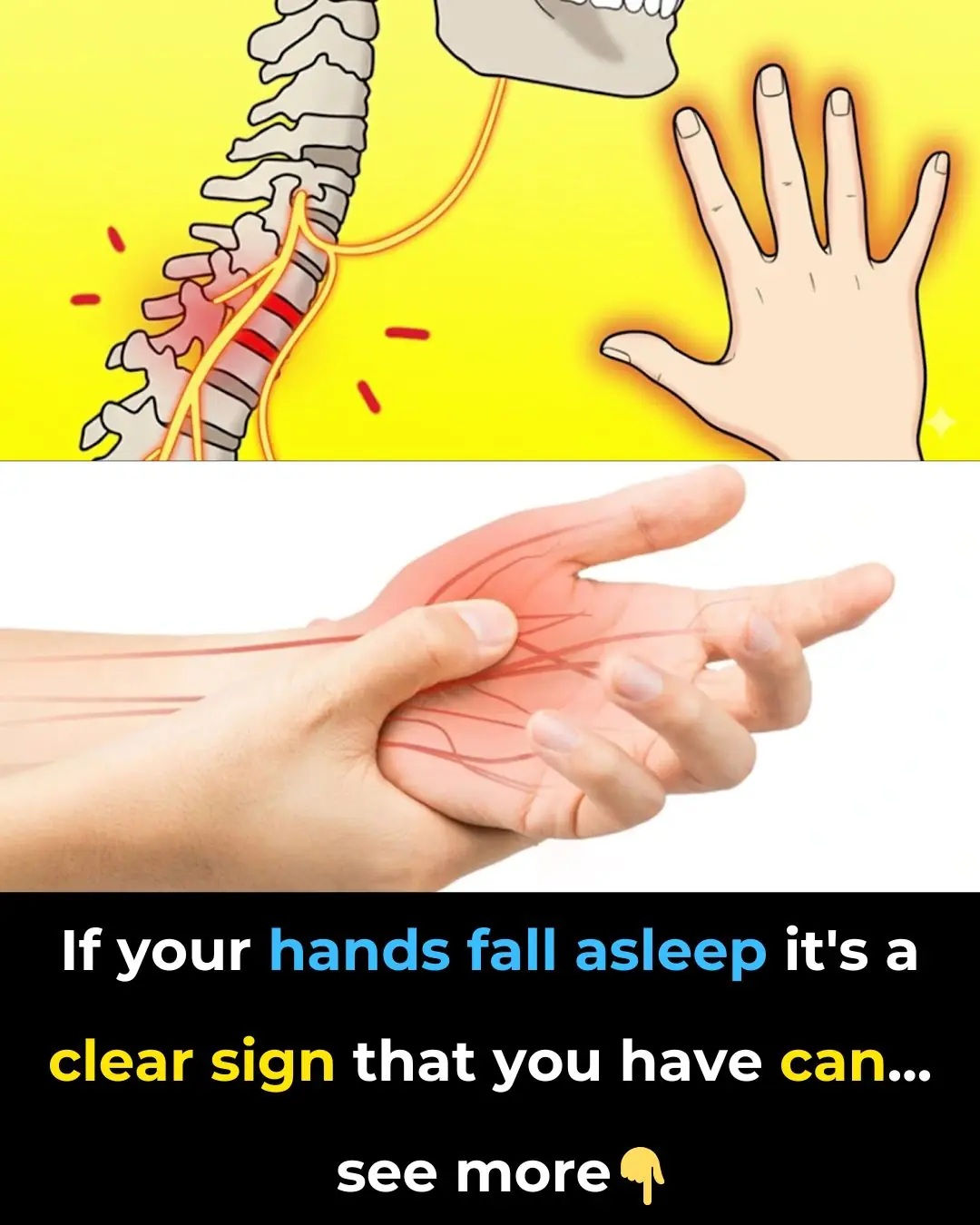
Tingling Sensation In Your Body: Why Does It Happen

5 Breast Cancer Signs You’ve Never Heard Of — But Shouldn’t Ignore
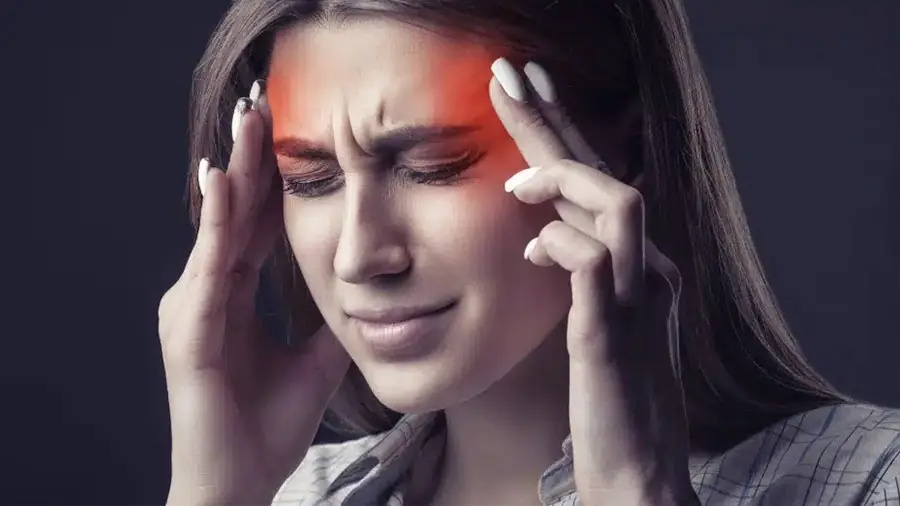
YOUR BODY’S SCREAMING FOR HELP — DON’T IGNORE THESE HIDDEN DEFICIENCY SIGNS
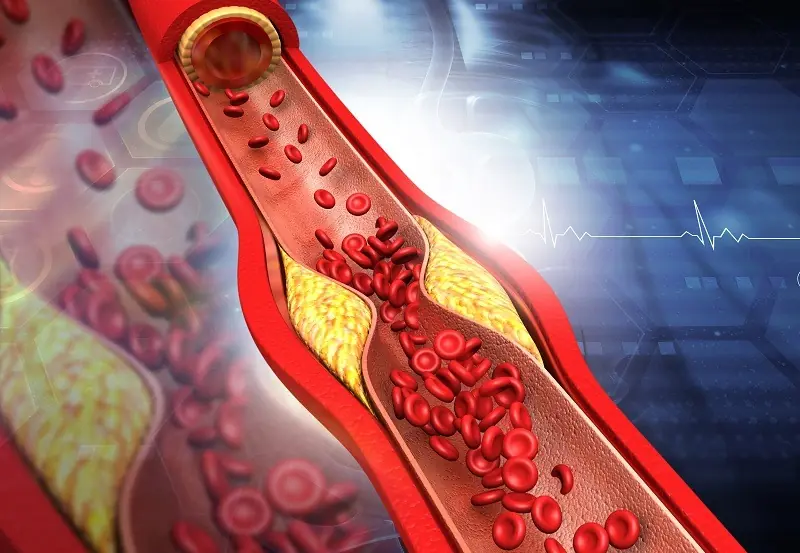
SUBTLE WARNING SIGNS OF CLOGGED ARTERIES AND HOW TO UNCLOG THEM NATURALLY
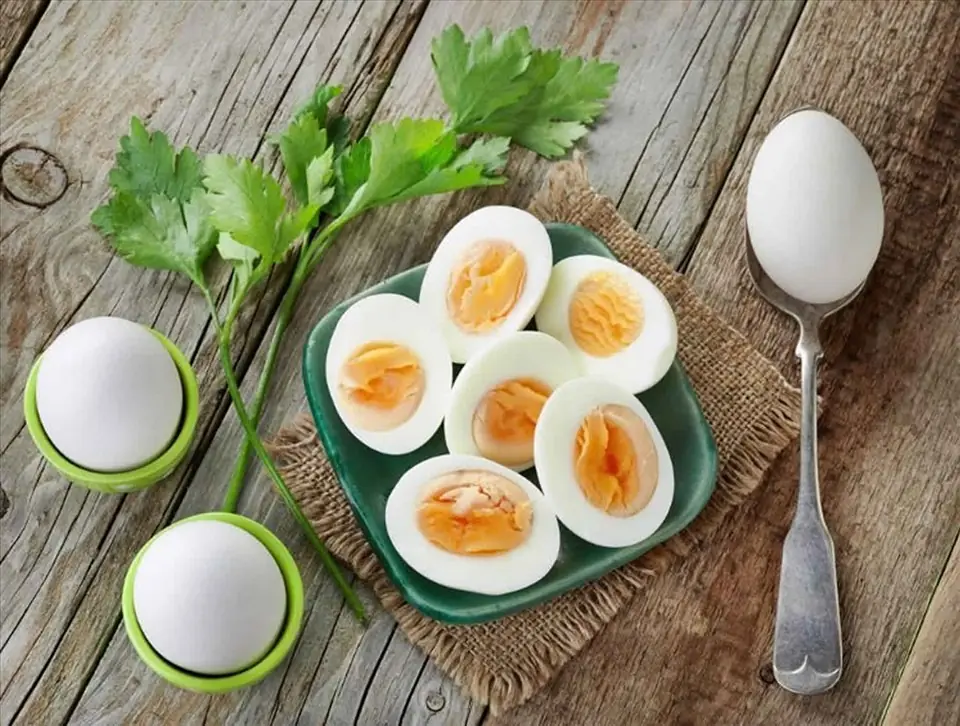
Scientists have just uncovered a game-changing reason to eat an egg every day
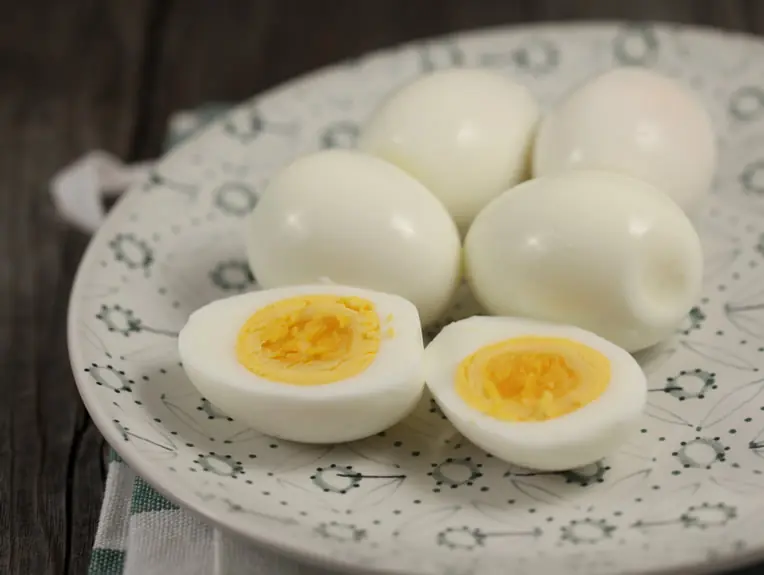
What Happens If You Eat 4 Whole Eggs a Day for 30 Days?

The Most Powerful Anti-Cancer Food You’ve Probably Never Tried
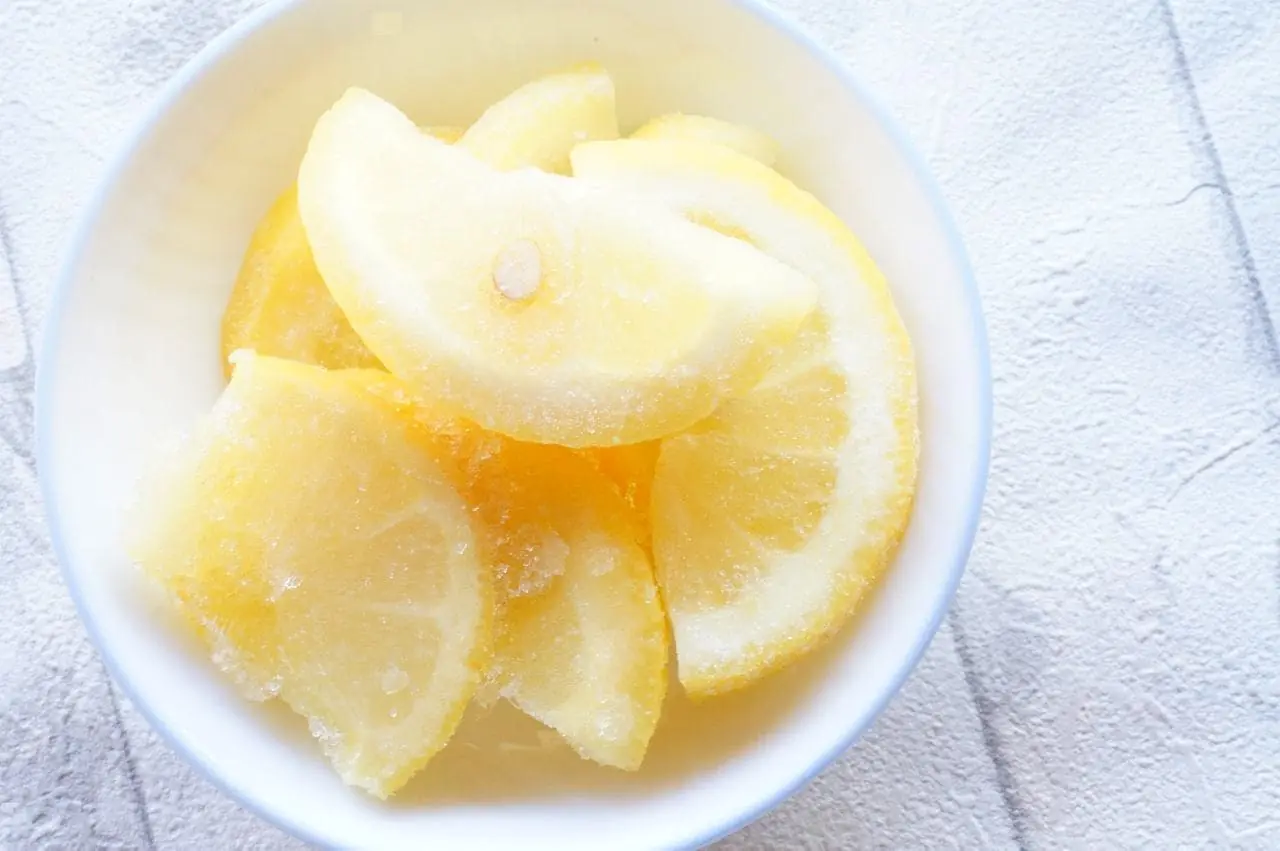
How to Use Frozen Lemon to Help Combat Malignant Tumors in the Body

Vitamin K2: The Underrated Nutrient That Protects Your Heart and Arteries
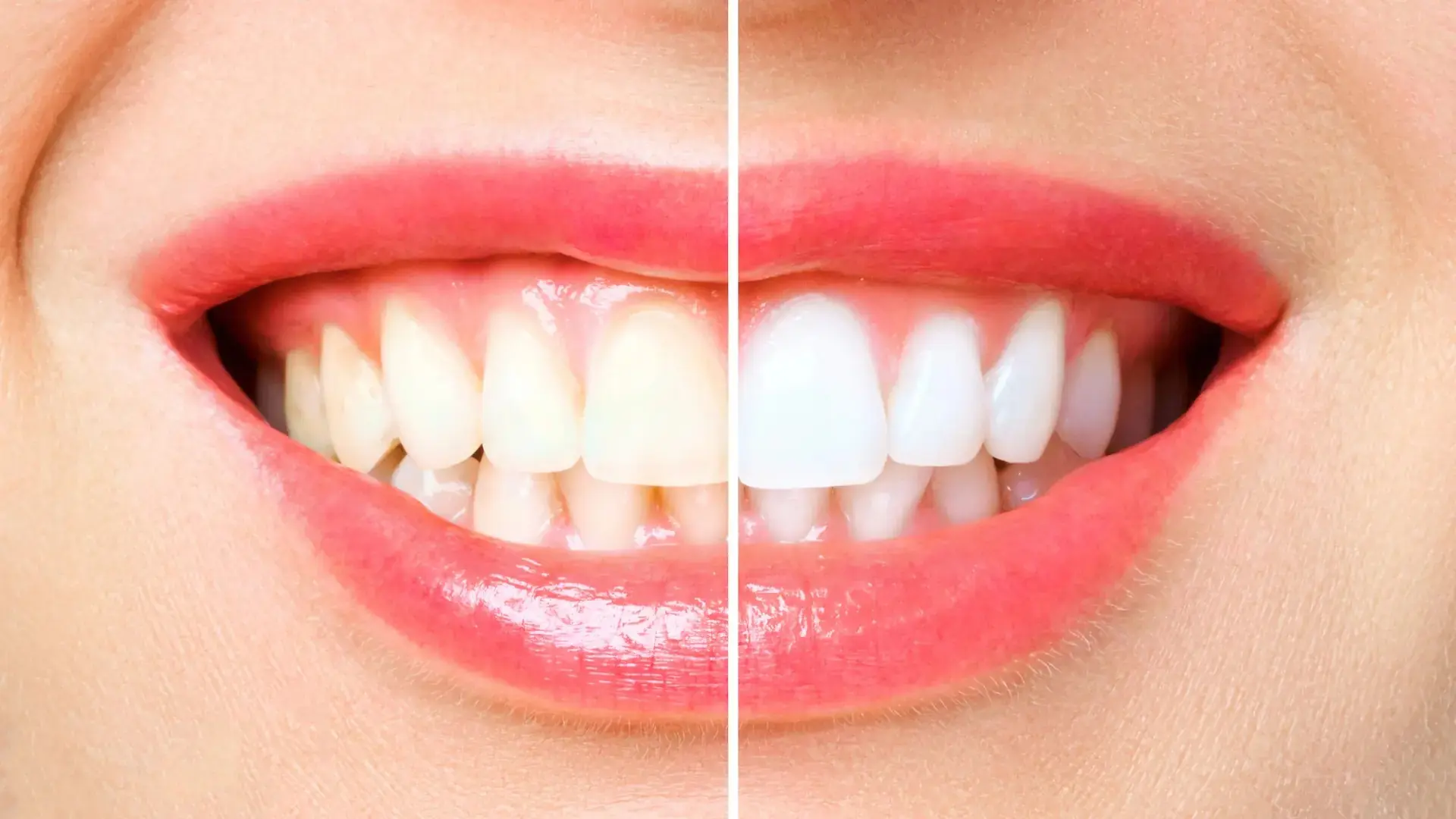
DENTISTS HATE HOW SIMPLE THIS TEETH WHITENING HACK IS

What Happens to Your Body When You Stop Eating

The #1 Drink to Prevent Foamy Urine — Plus 7 More Your Kidneys Will Thank You For
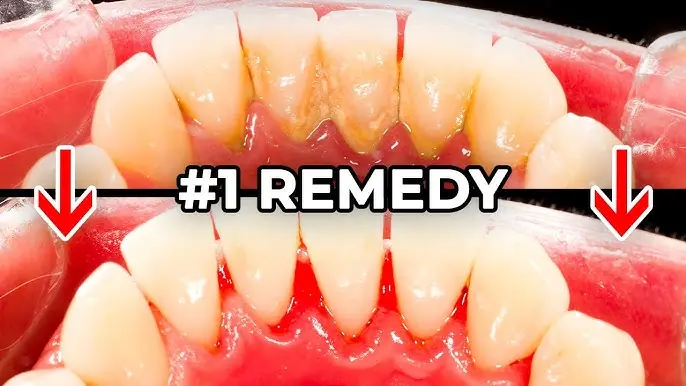
The #1 Most Effective Remedy for Dental Plaque (And How to Beat Tartar at Home)
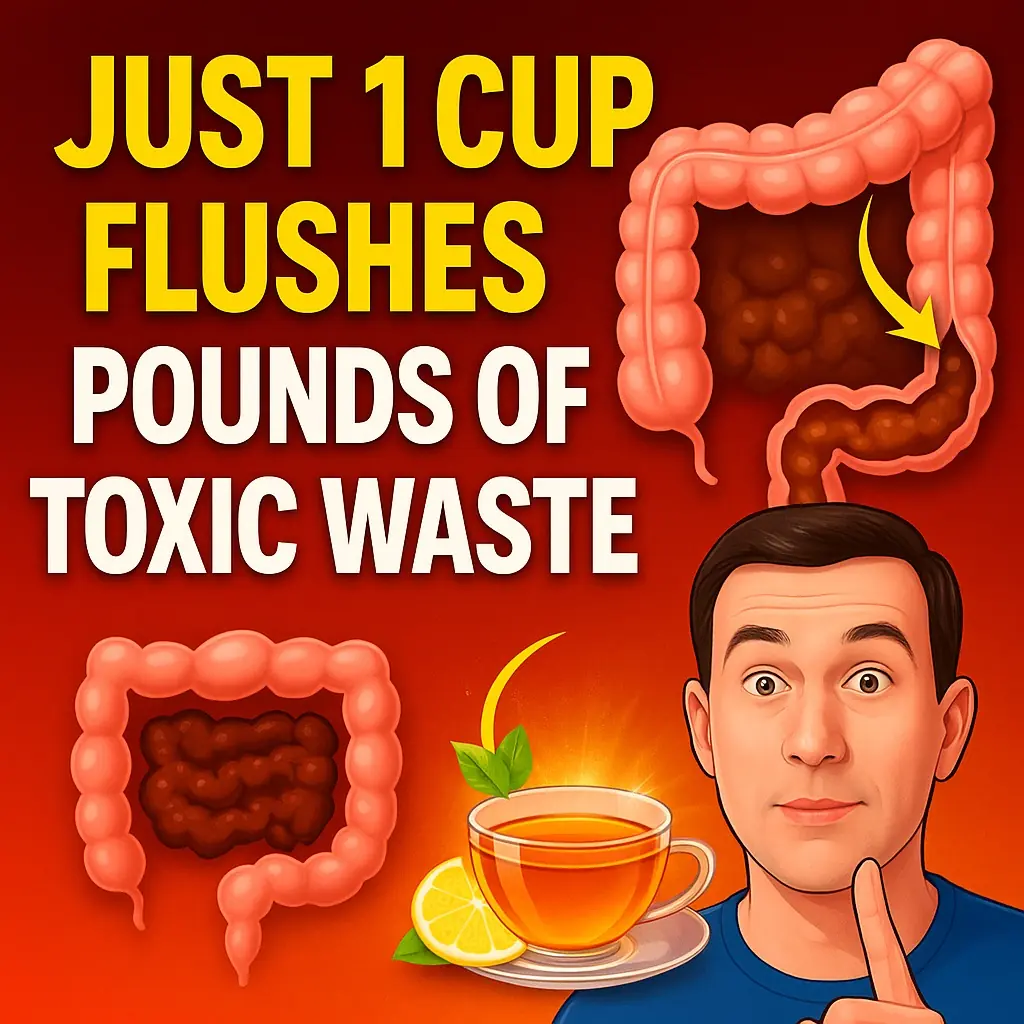
JUST 1 CUP FLUSHES POUNDS OF TOXIC WASTE
News Post

The Powerful Health Benefits of Papaya Seeds: Why You Should Include Them in Your Diet

The Wonderful Hazel Tree (Corylus avellana): Nutrition, Healing, and Traditional Uses of Every Part

Boiling a Whole Avocado: The Secret to Softness, Nutrition, and a Delicious Baked Recipe

The Hidden Healing Power of Papaya Leaves

Sugar Apple (Annona squamosa): A Sweet Fruit with Powerful Health Benefits

If you find a centipede at home, here is what it means...

Why We Feel That Little Electric Sh0ck When We Touch Another Person—Science Explains

If a Man Doesn’t Appreciate You, Here’s What You Should Do
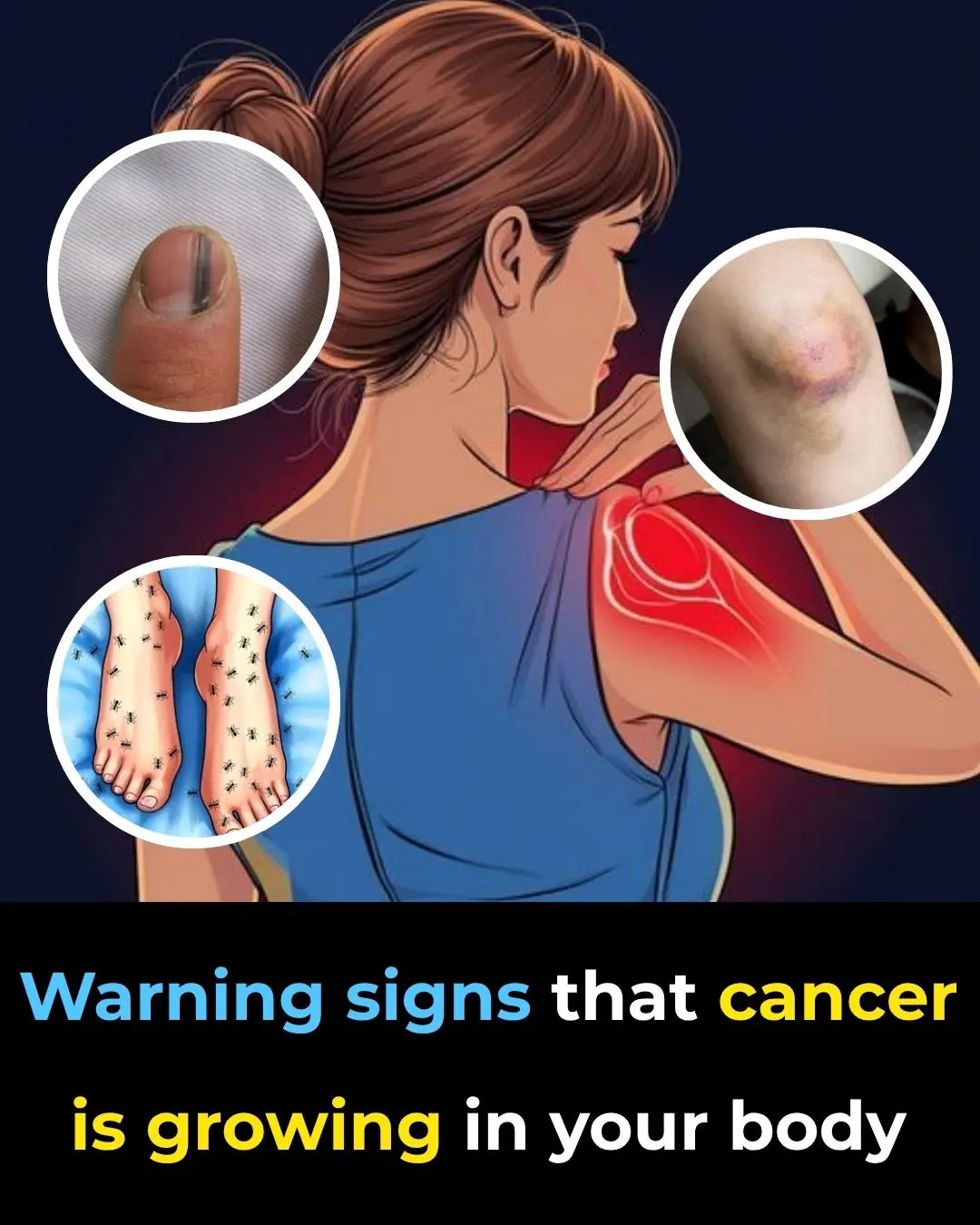
25 Worrying Signs Your Body Is Trying to Warn You of Serious Health Problems (and What to Do About Them)

The Hidden Power of Lactuca serriola Root (Prickly Lettuce Root)

4 types of vegetables are full of parasites but many people still eat them raw every day

Hidden Dangers in Your Mouth: Early Signs of Oral Cancer

Maple Trees from Root to Crown: A Complete Guide to Every Edible Part

7 Signs of Arthritis You Shouldn't Ignore
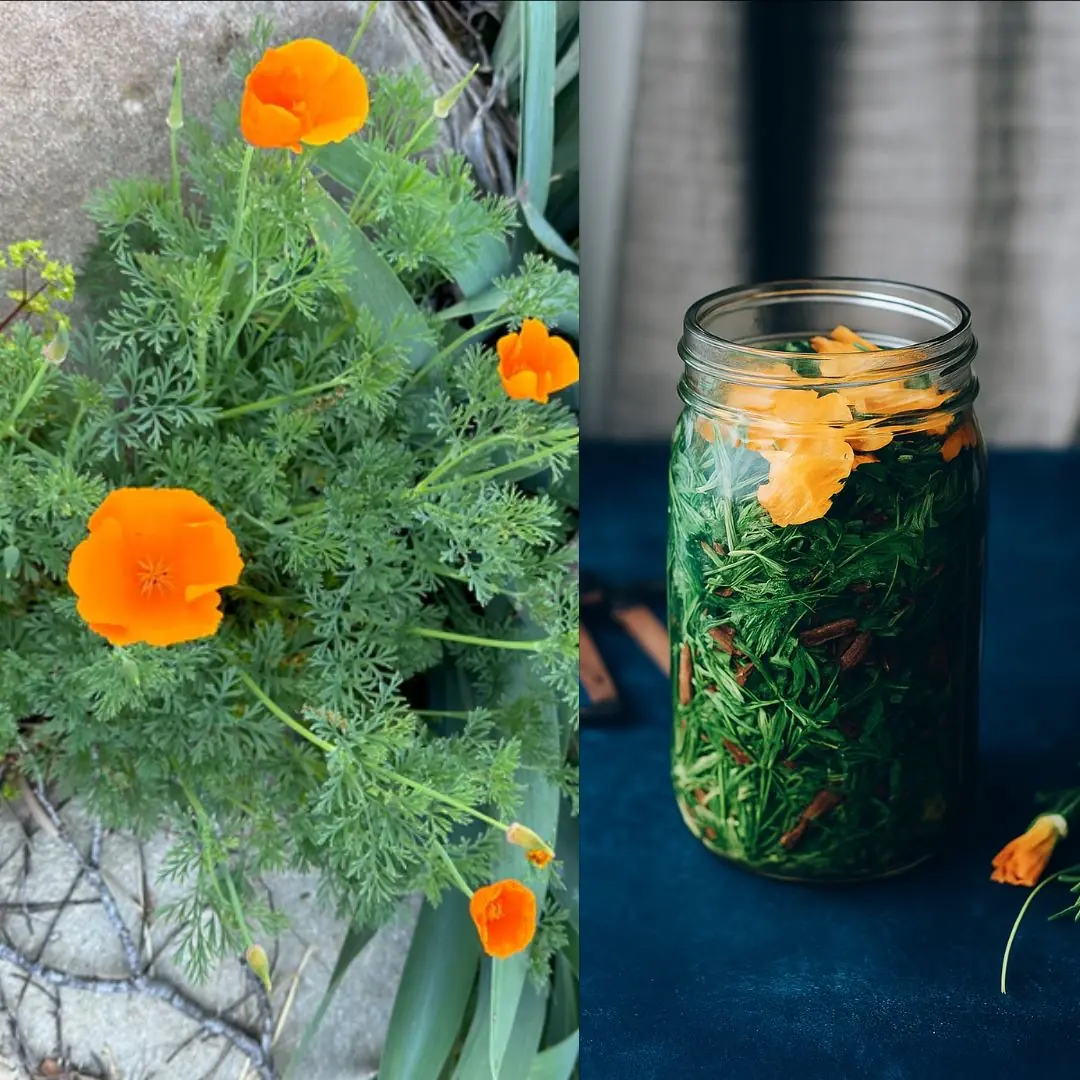
California Poppy: Nature’s Gentle Remedy for Relaxation and More
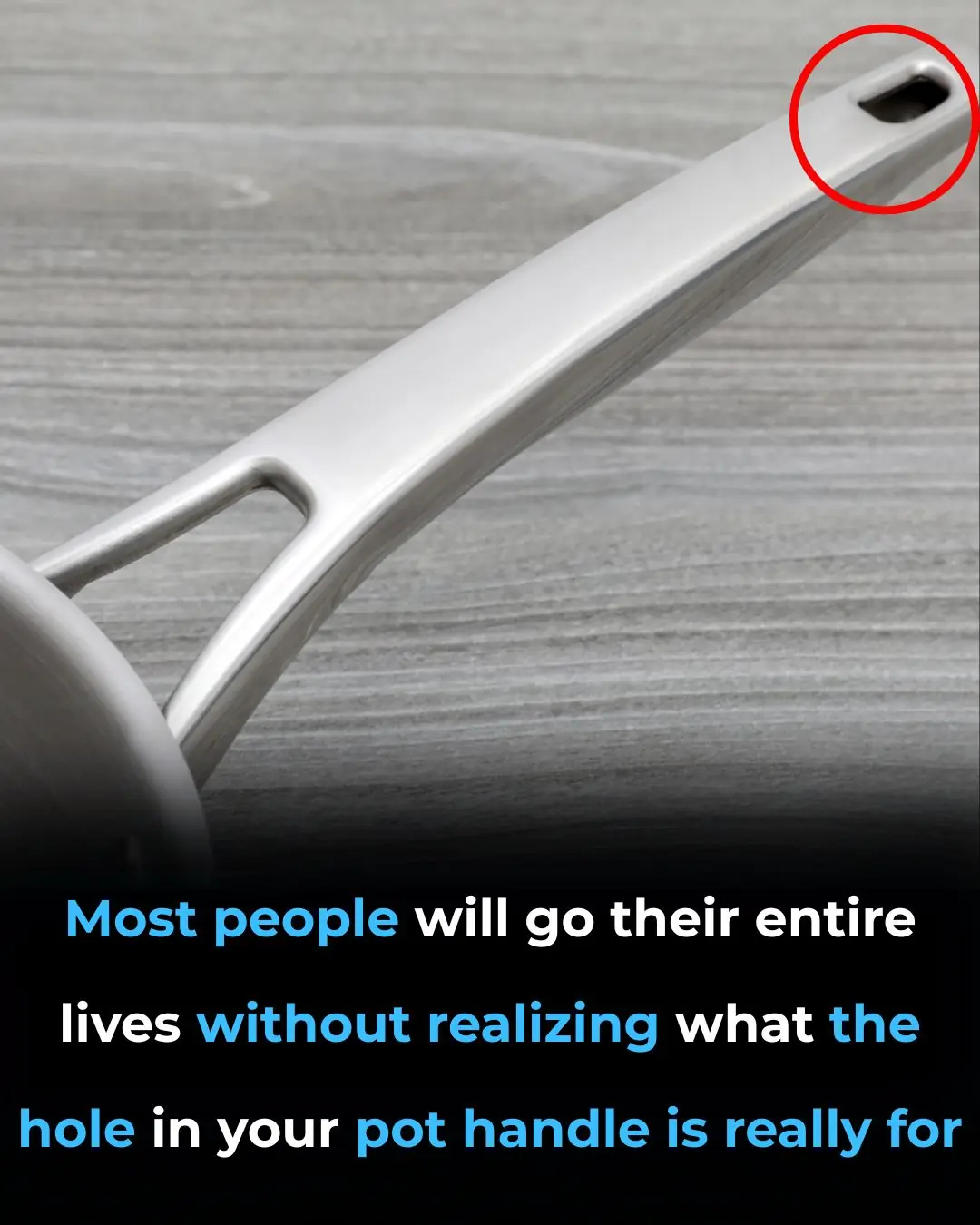
What is its purpose. see details

When a woman stops loving a man, she begins…

5 hygiene mistakes that many people make... but no one dares to talk about...
